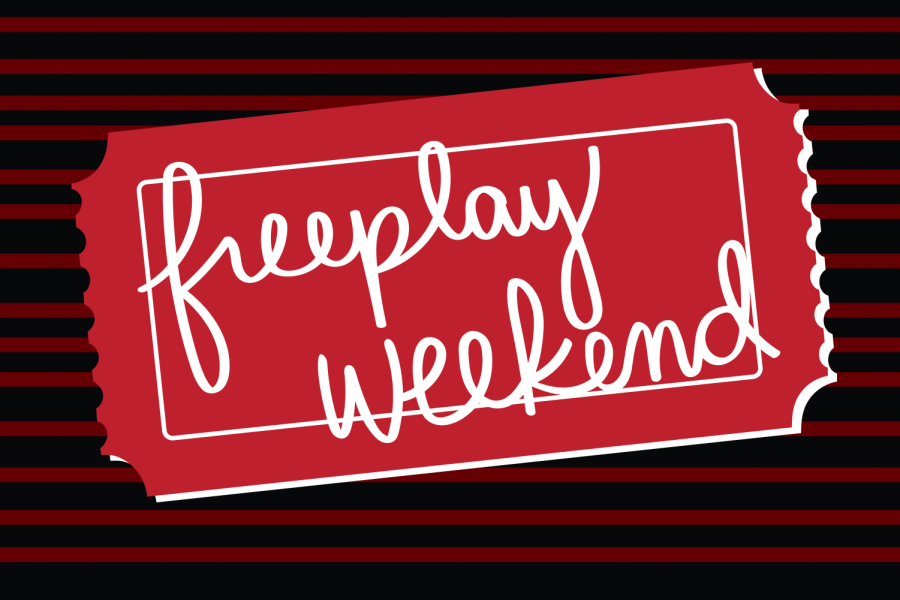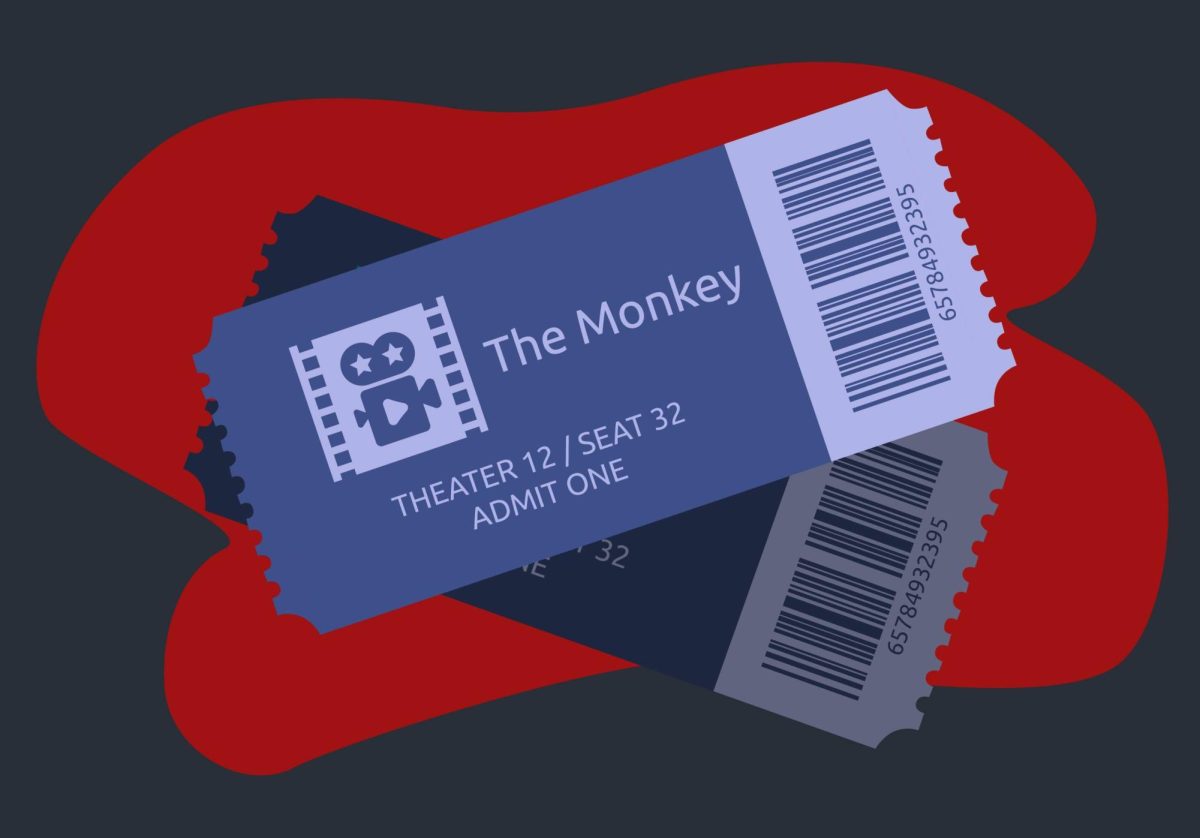What is normally a full weekend of live theatre in the Rarig Center for the graduating BFA acting seniors to showcase their capstone projects has gone digital, like most things in the past year. As displayed on the event’s website, “Freeplay Weekend looks a little different this year.”
Freeplay Weekend is an annual showcase for fourth-year students in the University of Minnesota/Guthrie Theater BFA Acting program. During the showcase, students present their final thesis projects, which can be absolutely anything. The requirements for the project are extremely loose, encouraging students to tackle anything from writing and performing their own plays, recording music, writing poems and whatever else they choose to pursue.
Chase Bishop chose to record the first episode of a new podcast where he discusses the paranormal.
“The concept [is] you can really do anything you’d like,” Bishop said. “As long as it uses your artistic and creative abilities, the faculty is really open to allowing us to do whatever we want this year.”
Students typically present over one weekend in the UMN theater building, but due to COVID-19 restrictions, the event moved online. The weekend is now a website, and all of this year’s projects are in one virtual location. The site went live Friday, Feb. 19.
The company of actors decided to keep the site up permanently to immortalize the Freeplay projects of 2021.
Of the 12 projects available, there is a little bit of everything. Nnamdi Darlington wrote and recorded a full-length album for the project and included an artful photo portrait collage on the site. Sebastian Grim crafted a written piece that is both poetry and text art. Finally, a group of students created a six-part mockumentary series about a group of actors struggling to put on a production of “Annie.”
Several students kept to more traditional theater. “The Everyday Negro Project” is a collection from Sarah Grace Goldman and Willie E. Jones III. They partnered to write four original plays centering around the Black experience, performing and filming two of them. Amy Eckberg chose to adapt Anton Chekov’s 1896 play “The Seagull” for the Zoom screen, while a group of students put on an hour-long arrangement of several short plays and Shakespeare scenes, all filmed from the comfort of the actor’s home.
Some students have only been able to get a start on their projects, as several of the site’s entries are students’ descriptions of their plays and films that are currently in progress or still in their pre-production phases.
Fourth-year student Nigel Berkeley, who premiered his original play “Simply So Much Night” over Zoom last weekend, found that the pandemic-related restrictions of this year’s Freeplay projects pushed him and his classmates to step outside their comfort zones and explore new areas creatively.
“Anytime you’re put into some kind of container, like when the way you can get creative is limited, it actually opens up the possibilities a lot more,” he said. “I feel like people’s efforts were much more streamlined this year.”
Goldman sees Freeplay as a unique opportunity for students to branch out and improve on their craft, even within the confines of Zoom.
“I think it’s [Freeplay Weekend] wonderful and also very forgiving. It’s a great place to try out or master other skills that you have, or just show what you have learned or have been thinking about the past,” Goldman said. “I would really encourage people to check it out because, despite all the things working against us, I think we’ve created some really exciting and beautiful pieces of art.”














